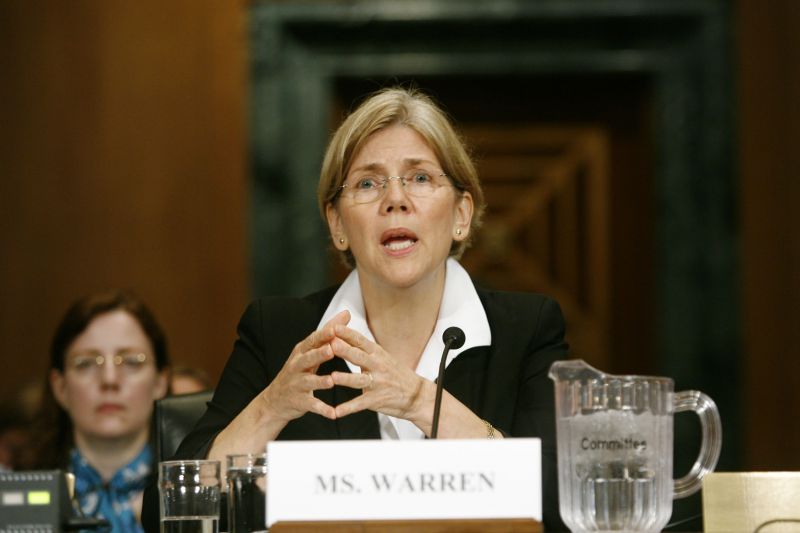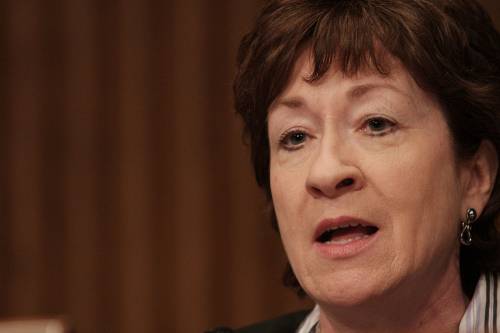
Rep. Spencer Bachus (R-Ala.), the incoming chair of the House financial services committee. Courtesy of Wikimedia commons.
The campaign to kneecap the Dodd-Frank financial reform bill just keeps gaining steam. First, it was Rep. Spencer Bachus (R-Ala.), the incoming chairman of the House financial services committee, who pledged to repeal federal regulators’ power to dismantle “too big to fail” banks, as spelled out in Dodd-Frank. Bachus also tried unsuccessfully to block the “Volcker Rule,” which would limit banks’ trading for their own benefit and investments in riskier hedge and private equity funds. The man Bachus beat to the run the financial services committee, Rep. Ed Royce (R-Calif.), a leading Republican on financial issues, has similarly attacked aspects of the legislation, seeking to chip away at the power of the new Bureau of Consumer Financial Protection.
In the Senate, both parties are now set to approve a measure that would drastically undercut Dodd-Frank. After Senate GOPers rejected a new omnibus spending bill that would fund the government through October, their Democratic counterparts offered what’s called a “continuing resolution”—a short-term plan to keep government running through March. There’s just one problem: That resolution doesn’t include previously promised money for implementing Dodd-Frank.
As ThinkProgress points out, the Securities and Exchange Commission and the Commodity Futures Trading Commission were due to receive budget increases—from $1.1 billion to $1.3 billion and $169 million to $286 million, respectively—to handle the new workload from Dodd-Frank. But the short-term funding resolution doesn’t include those increases, endangering the ability of both agencies to meet their regulatory mandates. In other words, it wounds a major piece of legislation not yet a year old. “The implementation of that good and historic law is in jeopardy if the CFTC doesn’t have increased resources,” said Bart Chilton, a CFTC commissioner.
The continuing resolution has yet to be finalized, which means there’s still time to boost the agencies’ Dodd-Frank funding. If Congress fails to do so, three years’ worth of hearings, negotiations, and back-room deal-brokering will go to waste.

















